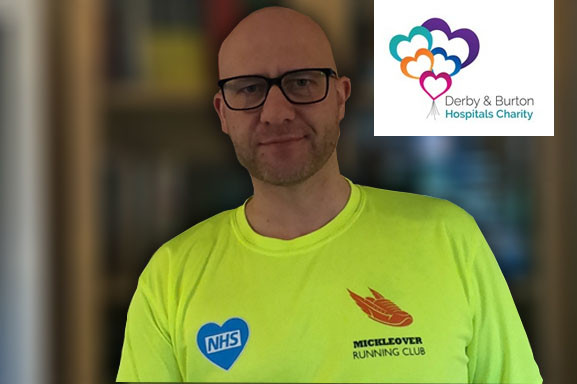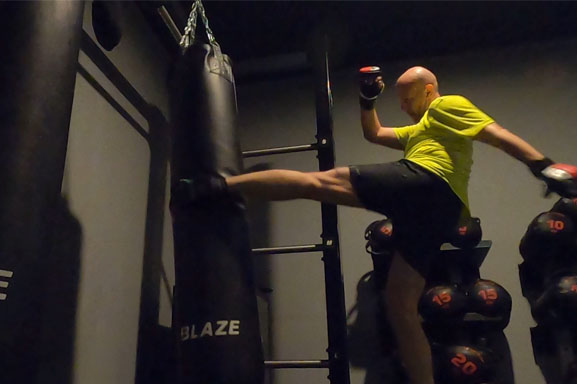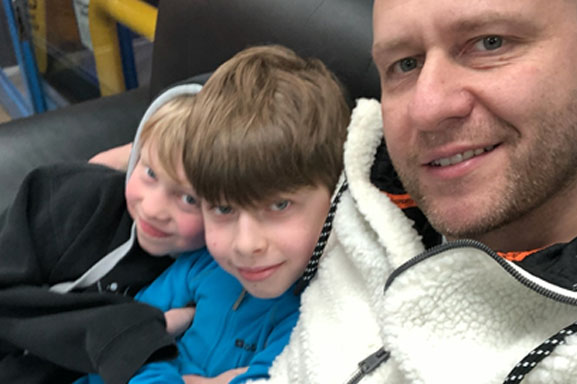
WK01

my training story
NICHOLAS SOUTHORN
BOLTON IRONMAN 2021
Hello everyone! I hope you are all keeping well physically and emotionally.
For those who don’t know me, my name is Nik and I have been a member of the club for about a year and a half now. I am an advanced clinical practitioner at Derby Hospital and running is something that doesn’t come naturally to me at all! I exercise for two reasons – to keep my head straight and to keep the rapidly expanding dad-bod in check. I do, however, like a challenge: my very first organised run was the London Marathon in 2016.
Keeping to form, I recently entered into an event that is so ludicrously out of my comfort zone that I am truly anxious about it. The event is Ironman UK in Bolton 2021. If you aren’t sure, Ironman is a pretty extensive triathlon consisting of a swim (3.9 km), a bike ride (180.3 km), and a run (42.2 km) – a total of 226 KM (about 140 miles) covered in 17 hours. I have never done a triathlon before and I hate open water swimming – so I am off to a great start!
I can hear you now: “Why on earth would you, a self-proclaimed lazy chubby bloke, sign up for something as torturous as an Ironman?” Good question. Allow me to answer.
Your local hospital, as I am sure you know, does many wonderful things for the community. It isn’t perfect and like every other NHS institution we are plagued with tight budgets, pandemics, and overuse. While people like me and my colleagues might take good care of the people of Derby from a medical perspective, there are needs that require funding from alternative sources: patient welfare, clinical research, equipment, and staff training.
The comfort of patients is often overlooked yet without certain comforts ranging from toiletries to televisions would be sorely missed were they not available. Some departments depend on charitable donations for things like laptops, computer screens, and water coolers. None of these things would be possible without the kind donations of the community to the Derby and Burton Hospitals Charity. I strongly believe that we can all make a huge difference to patient welfare by donating to our local hospital. I believe this so much that I regularly put myself through physical purgatory on order to tempt people out of their hard-earned cash. Unfortunately, each year people expect more of me hence why from my original charity event in 2009 (a bungee jump) I have by graduation come to one of the hardest endurance events in the UK: Ironman.
My training has been quite basic if I am honest, just running and cycling long distances. However, I have recently started doing some more targeted and specific cardio training which includes something called “Blaze” at the gym, and other various HIIT sessions. I am, as always, on the lookout for training partners, so if you fancy a run, bike ride, or even a game of tennis (caveat: I am terrible and you must at least pretend to be terrible too) so if you are interested drop me a bell. I will be writing a series relating to my training journey for the MRC newsletter which will take us nicely to the big day: July 4th 2021.
If you are so inclined, you may sponsor me via my justgiving page below:

